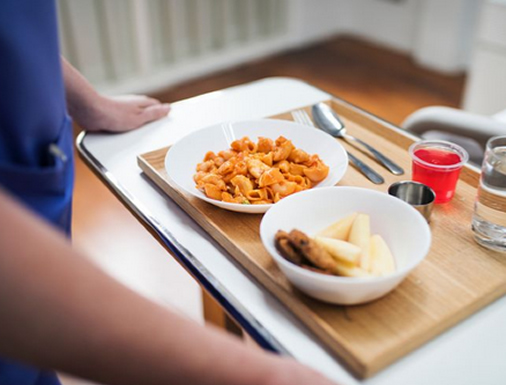
This week is national burns safety awareness week. Did you know a dietitian has a very important role to play in a hospital’s burns unit? Because it takes a lot of energy to heal, patients need many more calories than normal when they’re recovering from a burn injury. That’s why nutrition plays a major role in the management and treatment of a burns patient.
Burns victims need a diet which replaces the fluids, protein, sodium and potassium as well as essential fatty acids that are lost when the tissue is destroyed. First degree burns cause skin to redden, second degree burns cause skin to blister and third degree burns can destroy skin cells, exposing the body to bacterial infections and damage underlying muscle.
People who suffer extensive burns therefore need plenty of calories and high protein foods to assist tissue repair and in the most severe cases this would be delivered intravenously. Dietitians use several scientific formulas to determine how many calories they’ll actually need and adjust their required intake as needed according to patient’s weight, size of the burn (i.e. how much of the body surface area was burned), the type of burn (was it hot water, electrical, from a fire?), presence of infections and/or other pre-existing medical conditions just to name a few.
Vitamin C, zinc (found in meat and shellfish) and essential fatty acids contained in oily fish and vegetable oils all play an important role in the healing of wounds and burns. Tea and coffee consumption should be reduced because both are diuretics. Alcohol should be avoided because it dehydrates the body and dries the skin.
For more information on the management of burns and the awareness week visit:
Yours in health,
Shani x





